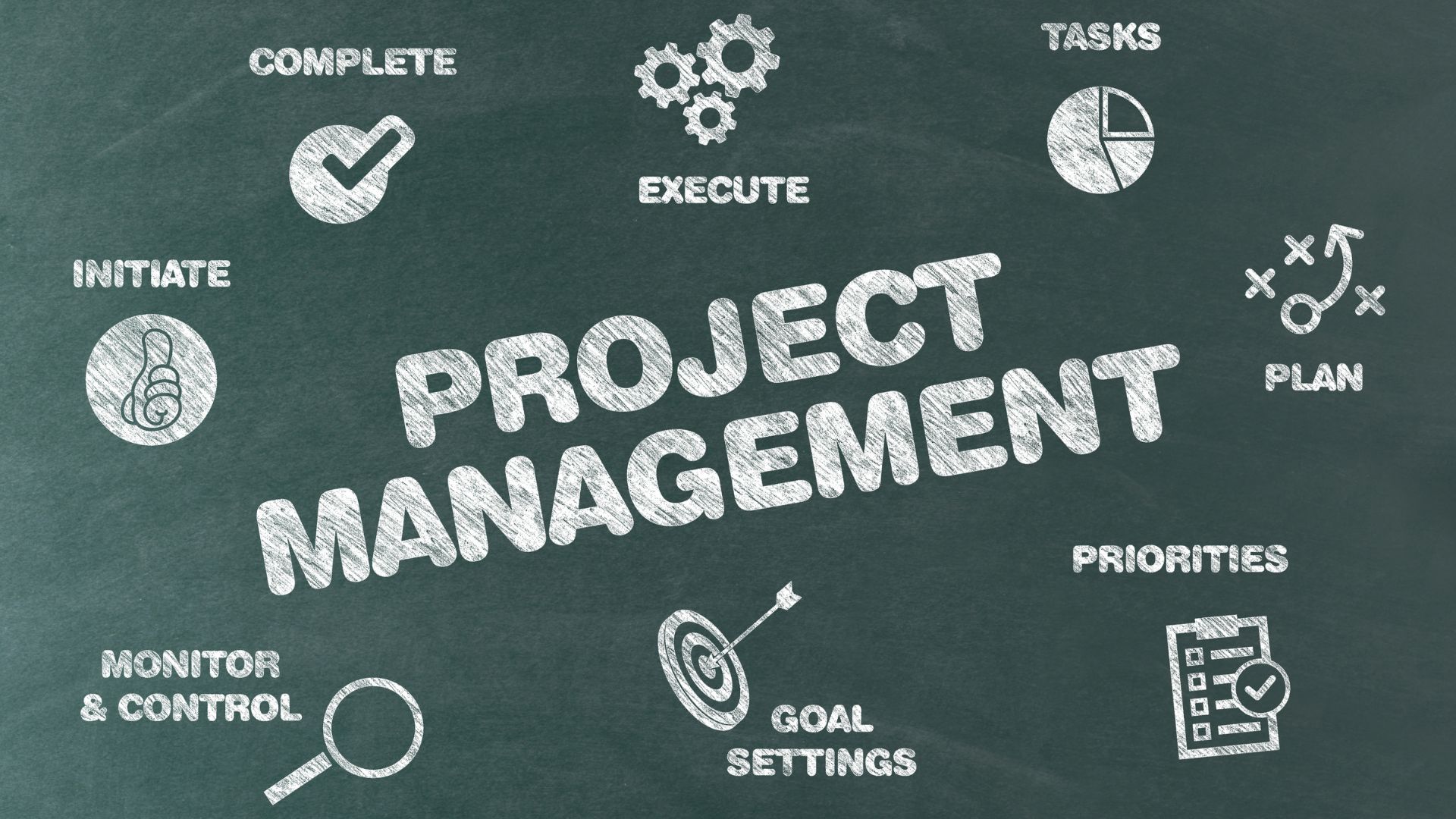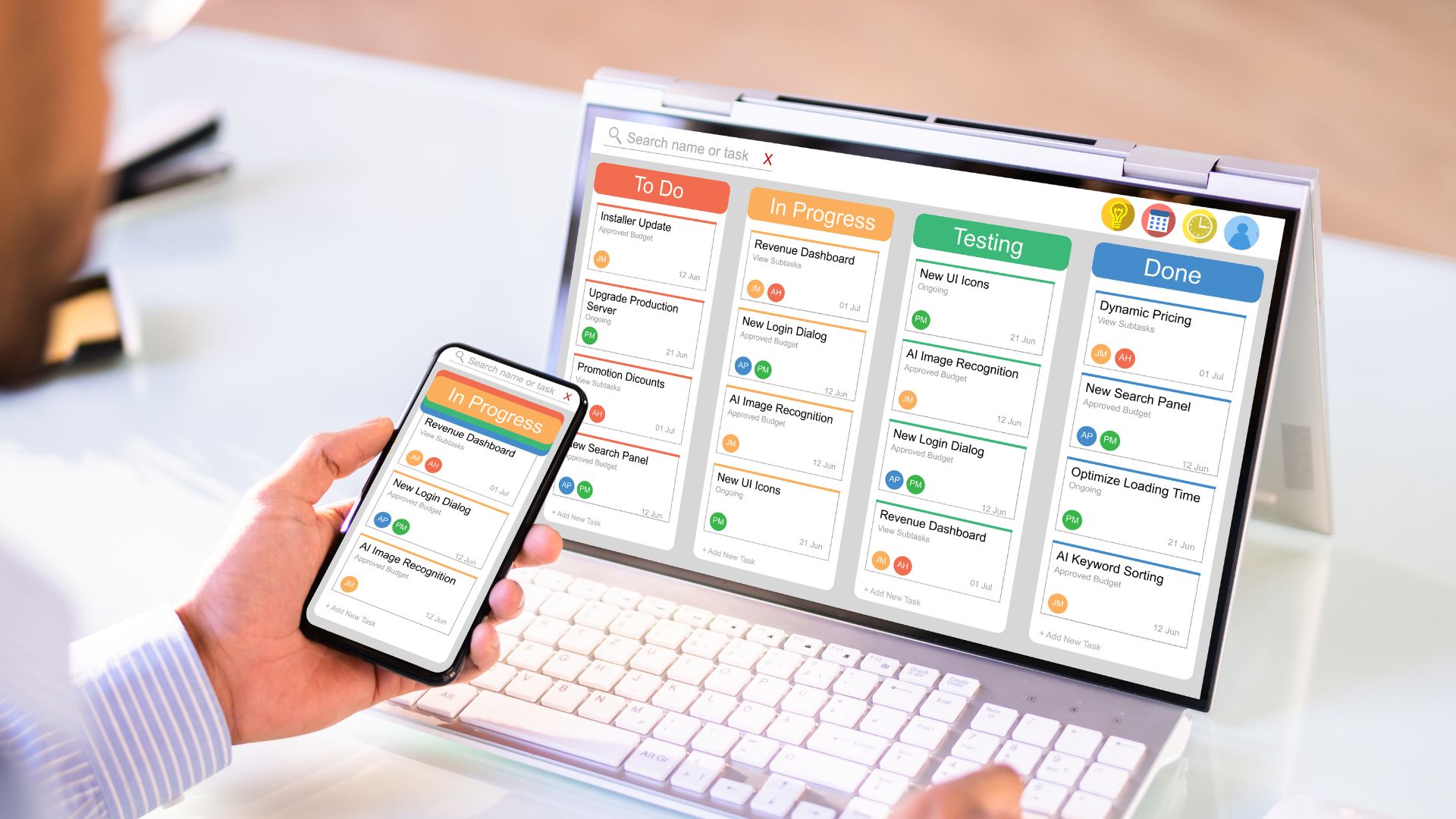Construction management is a professional service that aims to ensure that construction projects proceed according to plan in terms of schedule, cost, quality, safety, and scope. In the context of a construction project, the role of a Construction Manager (CM) is very important because they represent the project owner who ensures the project's success from start to finish. With a construction manager, the project owner can rest easy because there is a party who supervises and manages the project as a whole to meet predetermined targets.
Roles and Functions of Construction Managers
In a construction project, there are three main parties outside the Construction Manager:
- Project Owner – The party who initiates the project and finances it, either directly or through other financing methods.
- Architect/Engineer – Professionals who are responsible for designing projects according to the owner's needs.
- General Contractor – The party who supervises daily activities in the field and manages subcontractors who carry out construction work.
As a Construction Manager, your primary role is to work closely with these three parties and oversee the entire project. The main goal is to ensure that the project is completed on time, within the specified budget and meets the quality standards desired by the owner. This includes various activities such as schedule planning, cost estimation, safety management, and work quality monitoring.

Construction Manager Qualifications
A Construction Manager must have the relevant education and experience to work effectively with all stakeholders. This qualification includes the ability to:
- Manage the sequence of construction operations: Organize activities in the field to ensure all work is carried out in an efficient sequence.
- Create a detailed schedule and budget: Develop careful planning so that the project runs according to target.
- Establish a safety and security plan: Manage safety aspects in the workplace to reduce the risk of accidents.
- Assist owners in managing risks: Identify potential risks and provide solutions to overcome them.
To achieve these goals, a Construction Manager requires an understanding of the critical path method, and complex planning techniques, and uses a Project Management Information System (PMIS) that supports effective project management.

The Role of Technology in Construction Management
With the development of technology, various software has been developed to assist Construction Managers in managing projects more effectively. Some of them are:
- Building Information Modeling (BIM): This technology allows stakeholders to create digital models of a construction project. This BIM model stores various project data, from design to information about costs and schedules. BIM is very helpful in identifying potential problems early in planning and reducing the risk of changes in the field.
- Project Management Information System (PMIS): This system is software that helps in collecting, processing, and storing important information related to the project. With PMIS, Construction Managers can monitor project schedules, manage budgets, monitor safety in the field, and track work quality more easily.
- Construction Management Software: Some software such as Procore, PlanGrid, and Aconex provide features such as expense tracking, document management, as well as team collaboration. This software is also equipped with features for managing subcontractors and materials used in projects.
- Critical Path Method (CPM): CPM is a project planning technique that allows Construction Managers to identify important stages in a project that must be completed on time to avoid delays. With CPM, managers can plan work more efficiently and ensure that every critical task is completed on schedule.
Read also: Why Odoo is Recommended for Construction Management in the Digital Era?
Benefits of Using Professional Construction Management
A study conducted by McGraw-Hill Construction in 2013 showed that using professional Construction Management has various benefits, such as:
- Save Money: With close supervision, projects can be managed to stay within budget. An experienced CM can identify savings opportunities and avoid unnecessary expenses.
- Mitigating Problems: CM can monitor work in the field to prevent quality or safety problems that often occur in construction projects.
- Improving Quality of Results: With quality supervision from CM, projects can be completed with better results and according to the desired standards.

Use of Software to Support Construction Management
The following is some software that supports construction management and can make the Construction Manager's (CM) task easier in various aspects:
- Procore: Procore is a construction management platform that allows CMs to monitor multiple aspects of a project on one platform. Procore features include document management, expense tracking, safety management, and team collaboration. With Procore, CMs can manage project schedules, budgets, and safety in the field more effectively.
- Autodesk Construction Cloud: Autodesk provides a cloud-based construction management solution that includes BIM 360 for project collaboration and data analysis. With data analysis features, CM can make more informed decisions based on existing data, as well as monitor project progress in real-time.
- PlanGrid: PlanGrid is a document management application that allows teams in the field to digitally access construction drawings, daily reports, and other records. PlanGrid helps reduce paper usage and speeds up the process of conveying information between teams.
- Microsoft Project: Microsoft Project is project management software that is often used in planning construction schedules. With Microsoft Project, CMs can manage project stages and create critical path plans (CPM) to ensure that all critical stages can be completed on time.
- Oracle Primavera: Primavera is a project management software that is widely used in the construction industry. Primavera has features for schedule and resource management, allowing CMs to plan projects in a more structured manner.
- Odoo: Odoo is an ERP platform that includes various modules for construction management, such as project management, inventory, accounting, and procurement. Odoo allows CMs to manage projects in an integrated manner with interconnected modules. With reporting features, inventory management, and cost and budget tracking, Odoo helps construction teams manage resources, schedules, and costs efficiently. Odoo's flexibility also allows companies to customize modules according to specific needs, making it an ideal choice for the construction industry.
This software is very helpful in ensuring projects go according to plan by increasing visibility, efficiency, and collaboration between teams, as well as making reporting and data-based decision-making easier.

Challenges in Construction Management and the Role of Technology in Overcoming Them
As the complexity of construction projects continues to increase, Construction Managers often face various challenges, such as:
- Security and Compliance: Construction projects have high safety risks. Construction Managers must ensure that all workers comply with safety regulations, and have a clear plan for managing risks. Technologies such as BIM and project safety software help in identifying high-risk areas.
- Design Changes: Changes to the design often occur during the project. With BIM, CM can integrate design changes more quickly so that errors do not occur which impacts project quality.
- Collaboration Between Teams: In large construction projects, various parties often work from different locations. With project management applications such as Procore and PlanGrid, a collaboration between teams can be done more easily, and project data can be accessed in real-time.
- Time and Resource Management: With software such as Primavera or Microsoft Project, Construction Managers can plan project schedules more effectively and manage the resources used to avoid delays.

Conclusion
Construction management is a complex process and requires skills and in-depth knowledge in various fields. With a Construction Manager, the project can run according to plan and meet the standards that have been set. Technological developments, especially in terms of project management software, have provided significant support for construction management in managing projects more effectively. By using various applications and software such as BIM, Procore, and Microsoft Project, Construction Managers can monitor every aspect of the project in real-time and ensure that the project is completed on time, within budget, and to the desired quality.